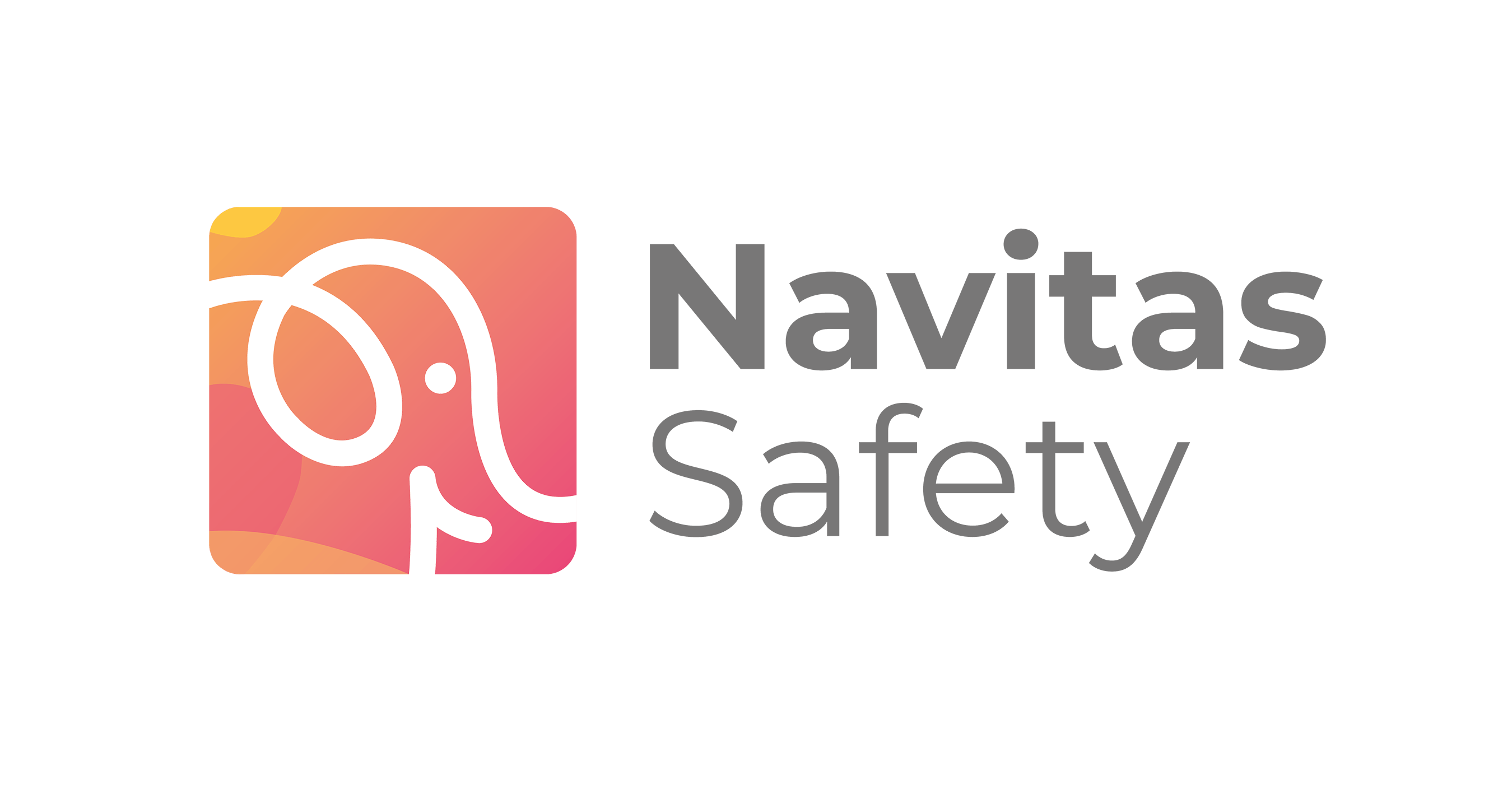Contract catering is a well-established and growing sector within the hospitality industry. In fact, sales at Britain’s leading contract caterers grew by 7% year-on-year in the third quarter of 2024, according to the latest Contract Catering Tracker.
Outsourcing to experienced caterers provides businesses with confidence that food quality, safety, and compliance are being upheld to high standards. But today, contract caterers are expected to do much more than just serve great food—they must also meet sustainability goals, align with corporate values, and adapt to ever-changing consumer preferences.
However, ensuring consistent food safety across multiple sites—whether for a single client or a national operation—can be complex. In this article, I explore some of the key food safety challenges contract caterers face and how Navitas Safety supports businesses in overcoming these risks.
Managing Demand Fluctuations Without Compromising Food Safety
Hybrid working has transformed the way office spaces operate, leading to unpredictable demand in catering services. Offices often experience peak occupancy from Tuesday to Thursday, with lower footfall on Mondays and Fridays. This variation creates food safety risks related to food preparation, wastage, and storage.
To combat these challenges:
- Track food waste and adjust production schedules accordingly.
- Implement digital HACCP systems to monitor food safety throughout production and storage.
- Plan themed days like “Meat-Free Mondays” to boost engagement and predict demand more accurately.
Navitas Safety’s digital food safety systems allow contract caterers to track temperature logs, monitor waste, and adapt processes in real time to maintain compliance and reduce food safety risks.
Ensuring Consistency in Food Quality and Safety
Maintaining food consistency across multiple sites is critical for both brand reputation and food safety compliance. A lack of standardisation in recipes, portion sizes, or cooking techniques can result in variations in food quality and increase risks related to undercooked food, incorrect allergen labelling, and hygiene failures.
How can contract caterers maintain consistency?
- Standardised recipe specifications to ensure portion control and correct allergen information.
- Digital checklists for staff to follow standard operating procedures (SOPs).
- Training programs that reinforce safe food handling techniques across multiple sites.
Navitas Safety provides customised food safety SOPs and digital monitoring tools that ensure consistency across locations—so whether food is prepared on-site or at a central production unit, standards remain high.
Adapting to Emerging Consumer Preferences Without Compromising Safety
Over recent years, dietary preferences and food safety expectations have changed drastically. Customers now expect:
- More allergen-friendly options due to rising food allergies and intolerances.
- Transparency in food sourcing and sustainability efforts.
- Innovative food production methods (e.g., sous-vide cooking), which require strict food safety controls.
Additionally, food sharing schemes—once discouraged for safety reasons—are now actively promoted under controlled conditions. Contract caterers must balance meeting customer demand with ensuring strict food safety controls are in place.
How technology helps:
- Digital allergen management tools to prevent cross-contamination.
- Automated temperature monitoring to ensure safe food storage and preparation.
- Data-driven insights to track compliance with evolving regulations.
At Navitas Safety, we provide digital solutions that make allergen tracking, temperature logging, and compliance monitoring seamless, helping contract caterers adapt safely to changing consumer expectations.
Preventing Transient Compliance Risks
The fast-paced nature of contract catering means that compliance can become inconsistent, particularly when menus, staff, and production methods change frequently.
Common issues include:
- Staff purchasing ingredients outside of approved supply chains to reduce waste.
- Last-minute changes to menus that don’t meet allergen or labelling requirements.
- Compliance records being lost in paperwork, leading to audit failures.
To address these risks, contract caterers need:
- A centralised compliance platform to manage all food safety processes.
- Real-time reporting tools to track safety performance across sites.
- Automated digital records that eliminate paperwork and human error.
Navitas Safety acts as a centralised compliance partner, providing tools such as digital HACCP systems, automated temperature monitoring, and real-time auditing solutions to ensure compliance remains strong—no matter how operations evolve.
How Navitas Safety Supports Contract Caterers
In contract catering, consistency is key—from food quality and compliance to customer experience and safety. Whether you operate a single-site catering service or a multi-location contract across the UK, ensuring continuous compliance is essential to maintaining a strong reputation and avoiding costly food safety failures.
At Navitas Safety, we provide:
- Standardised digital monitoring tools for food safety compliance.
- Bespoke food safety SOPs and high-risk HACCP plans tailored to your operations.
- Real-time auditing and tracking to keep compliance on track.
- Automated food safety solutions to reduce human error and increase efficiency.
By partnering with us, contract caterers can eliminate safety risks, improve compliance performance, and standardise processes—ensuring food safety remains simple, visible, and effective across all sites.
Get in touch to discover how we can support your business.

Barry McHale – Senior Consultant
Barry’s first role was as an Environmental Health Officer in a Scottish Local Authority for just under 10 years, before then moving to private consultancy approximately 9 years ago. Both these roles allowed Barry to assist in the achievement of good food and health and safety practices for business operators, licensed businesses and events which continues to be a passion today in his current position here at Navitas Safety.




